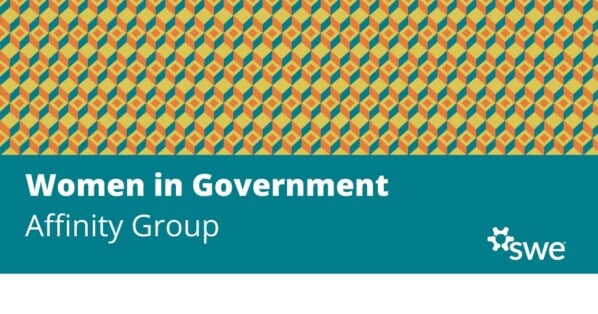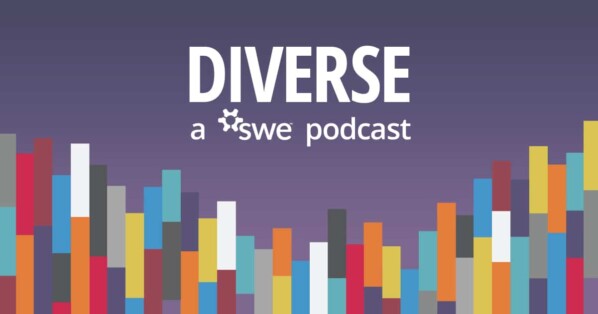I hear so many reasons why someone can’t be a mentor: “I’m too young… I don’t know enough… I’m in the wrong field… Who’d listen to me?…”
Plus the hidden assumptions like “Mentors have to be older than mentees… Mentors have to be the same sex, race, or gender as their mentees… Mentors and mentees need to have the same degrees…”
Guess what – none of that is true! I’ve been a mentor since I counseled my little brother on how to get through the first grade when I was eight years old, and I’ve been mentored by college students 30 years younger than me.
All of us have something to offer as mentors because all of us come from different backgrounds and life experiences. This is one of the values of diversity that’s rarely talked about but very important: We ALL have experiences that we can share with other people that will help them better manage the situations in their lives and careers.
So what does it take to be a mentor? A willingness to help, the ability to listen, and the vulnerability to be open enough to tell your story.
Willingness to Help
Think about how you got through hard times in your career or life. How did you handle a difficult coworker? If that strategy didn’t work, what would you do differently? Think about what you would tell your younger self, and then think about what you would want your older self to remember.
Listening
It’s so easy to talk and so hard to listen, but listening is a critical skill in your career. The listening practice you get from STEM mentoring will translate to better interactions at work.
The hardest part of listening is getting comfortable with silence. So many of us will start talking just to fill the space, but instead, you can use the space between other people’s sentences to breathe and prepare to listen without assumptions. You’ll be surprised how this small change opens people up.
Vulnerability
We often want to appear strong all the time, but how can we expect others to be authentic if we hide our true selves?
I have mentored students who were astonished that I didn’t know I wanted to be a director right away. They assumed that becoming an executive required an execution plan, apparently from birth.
Without knowing that piece of my story, most of my mentees would have been afraid to consider how high they may climb – or to consider if a leadership role is something they really want. In fact, I’ve mentored people older than myself who were looking for a way to step back from the executive track without sacrificing the best elements of their career.

If You’re Younger:
Remember that those of us who grew up before you have none of your life experiences. One of my mentors is 30 years younger than me and an activist in Black Lives Matter. Before her, I had no way to know how my actions would be perceived by people who didn’t look like me. Because of her mentorship, I am more conscious and better able to understand how to help others.
If You’re a Man:
My first mentor out of college was a man, and he taught me how to take risks and grow into a more confident woman and engineer. Part of this was giving me opportunities to take risks in a no-harm setting.
Every time I took a risk and was successful, I was more comfortable taking a risk again. When I was less successful, I had an ally with whom I could debrief and work out more successful strategies for the future.
So How Do You Start Mentoring?
However you choose to give back or pay it forward in your career, remember that “can’t” is a poison that prevents you from being all you can be. Being a mentor is a rewarding experience that helps you even more than it helps your mentee. As a mentor you build confidence, recognize your valuable life experience, and help others (and yourself) thrive.
A great place to start is the Society of Women Engineers (SWE) Mentor Network. Many of you have probably used this network as a mentee, and some of you have been a mentor. But you can be both a mentee and a mentor – and get enormous satisfaction from the opportunity!
Start your mentor journey and help women engineers around the world reach their full potential.
Author
-

Catherine Meyn (she/her) is a founder of the Mentoring Facilitation Working Group (Membership Committee), former Software Engineer and Retired Director of Northrop Grumman, and a proud member of the Mentor Network as Mentor and Mentee.






